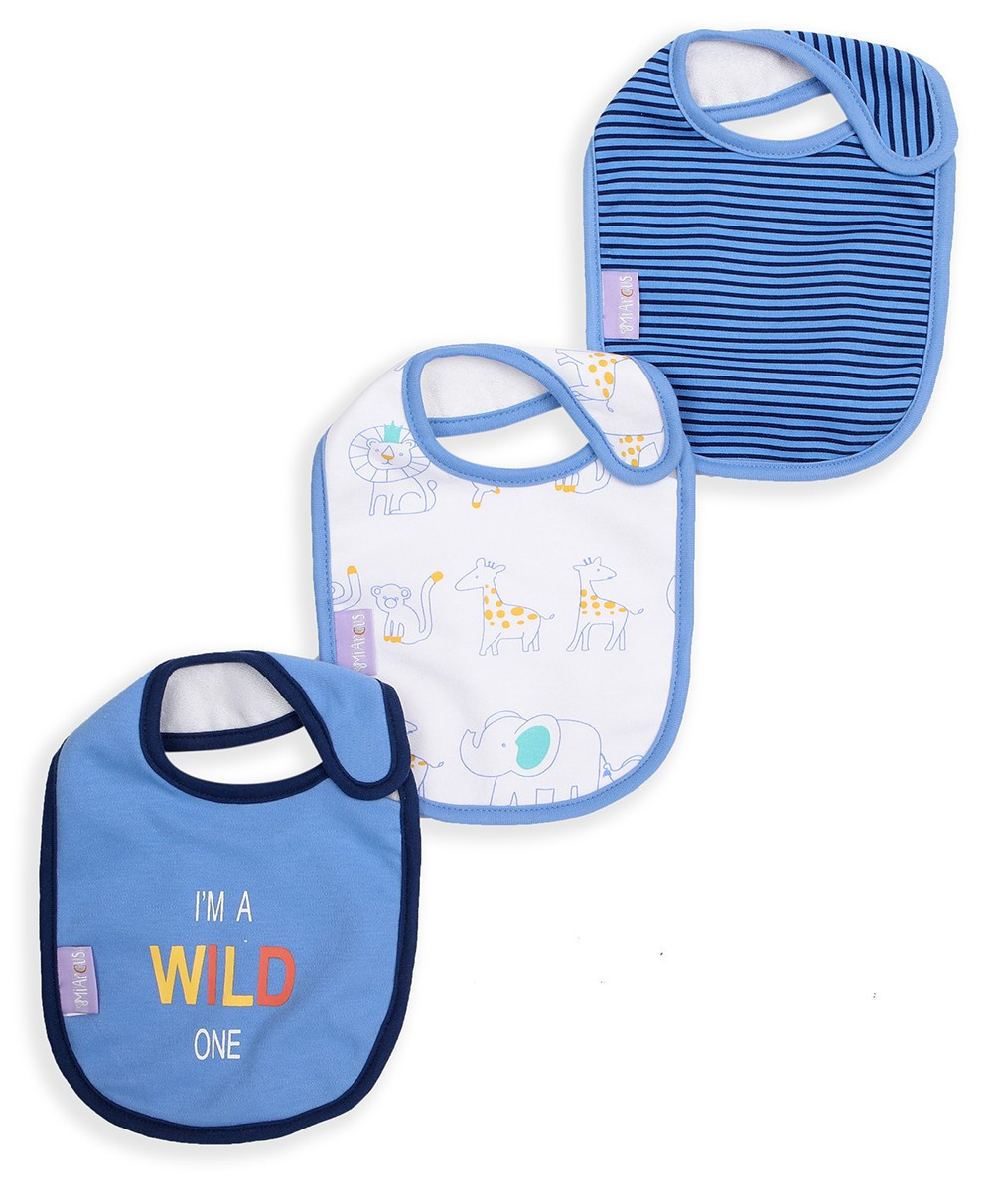views
Evidence suggests that the following substances can help cure ADHD symptoms:
Melatonin: This may help with insomnia, but no data suggests that it improves ADHD symptoms.
Iron, zinc, and magnesium: These supplements may be beneficial if a person is deficient in any of these nutrients, but further research is needed to prove their efficacy.
Omega-3: Fish oils, for example, may help alleviate ADHD symptoms, albeit the effect appears to be minimal.
The use of any drug, including supplements, has some risk. Children, in particular, should not use any additional or complementary medications without first consulting their doctor.
Furthermore, most supplements are not FDA-approved. As a result, there are no restrictions or recommended dosages for their constituents.
As a result, people should always consult with a doctor to determine whether it is safe to take a supplement or other therapy, as well as the appropriate amount.
Herbal medications
Clinical trials have revealed that various herbal remedies may be effective in treatment of ADHD. This includes:
French Maritime Pine Bark Extract: This plant-based substance may improve visual-motor coordination while decreasing hyperactivity and inattention.
Ginseng: This Chinese herb may help with hyperactivity and inattentiveness.
Ningdong: Another Chinese medication that may alleviate some ADHD symptoms.
Bacopa is a traditional Indian or Ayurvedic remedy derived from the herb Brahmi, commonly known as water hyssop. Research suggests that it may reduce restlessness and increase self-control.
However, large-scale research studies are required to evaluate whether all of these natural supplements and medications are safe and beneficial.
For example, researchers must still determine how much a person should take and how the chemicals will mix with other medications.
Keeping this in mind, people should see a doctor before taking any supplements or natural medications, especially if the treatment is for a child.
Lifestyle changes
According to an older evaluation from 2012, some lifestyle habits and activities may benefit people with ADHD, but more scientific research is needed to establish their usefulness. If a parent or caregiver wants to attempt these approaches on a child, they may be more beneficial than others because they are less risky.
According to the analysis, several of these lifestyle changes may provide the greatest advantages when used in conjunction with recognized treatments.
Biofeedback, or neurofeedback: A professional employs specialized equipment to record brainwave patterns. The findings can assist people understand how various activities and behaviors affect them. The individual may then be able to modify their conduct accordingly.
Exercise and Relaxation: Yoga, massage, and meditation may help alleviate some symptoms, and regular physical activity of any kind can help people manage with stress. Parents , caregivers and children can participate in these activities jointly if they choose.
Connecting to nature: According to several research, spending time outside in a green setting helps youngsters with ADHD concentrate better.
However, there is no current evidence of how long a person must stay in the green space to experience improvements, or how long those improvements will last.
Food and Diet
People have frequently postulated a link between sugar consumption and hyperactivity in youngsters. Although research in this area is sparse, a 2011 study on the effects on elementary school pupils in Korea found no evidence to support the theory.
A 2012 review showed that an additive-free diet may benefit some people, although experts cautioned that this will only benefit a subset of patients and can be difficult to execute.
The potential link between food additives or processed foods and ADHD is debatable. A 2018 study examined the food patterns of over 15,000 youngsters in China. The researchers discovered that people who ate snacks or processed foods were more likely to experience with the ADHD symptoms. They also discovered that vegetarians were less likely to experience symptoms.
Although diets may impact symptom frequency, there is little evidence that they directly cause or improve symptoms. Eating a nutritious, well-balanced diet rich in fresh fruits, whole grains, and vegetables can help everyone, including children and people with ADHD.
Learning new skills
Creating procedures for typical activities, such as getting ready for school, can assist children with ADHD in learning to recognize and feel comfortable with routines.
Examples of systems include managing storage space for toys and clothing.
Learning to use calendars, timetables, lists, and reminders.
Having consistent bedtime and wake-up times
Essential Oils
Some people feel that essential oils can help alleviate or minimize the symptoms of ADHD. They include:
Lavender: A previous Ph.D. study from the University of Minnesota revealed that lavender could help people sleep. However, there appears to be little additional data to support this, despite anecdotal accounts that it works.
Inhaling vetiver essential oil improved rats' concentration, according to a 2016 study. More research is needed to determine whether the same applies to humans.
According to a 2012 study (Trusted Source), exposure to the scent of rosemary oil improved cognitive speed and accuracy.
However, consumers should take aware of the following safety advice for those considering using essential oils:
Always consult a doctor before using any essential oils, especially for children, to ensure that the oil and method of delivery are safe.
Always dilute essential oils with carrier oils. Ask a doctor what the concentration should be for an adult vs a youngster, as they will differ.
Never use essential oils straight to the skin because they can create a response.
Never swallow essential oils since they can be hazardous to the body.
Although studies indicates that essential oils may have some health benefits, it is crucial to note that the Food and Drug Administration (FDA) does not monitor or control the purity or quality of these oils. Before utilizing essential oils, consult with a healthcare expert and investigate the quality of the goods from a certain company. It is also critical to conduct a patch test before using a new essential oil.
Help for Adults with ADHD
Adults seeking additional techniques to manage with their ADHD may want to try the following:
To improve life management, individuals can seek professional counseling, combine medicine with behavioral therapy, and discuss their condition with loved ones.
Therapists use cognitive behavioral therapy (CBT) to help people modify how they think.











